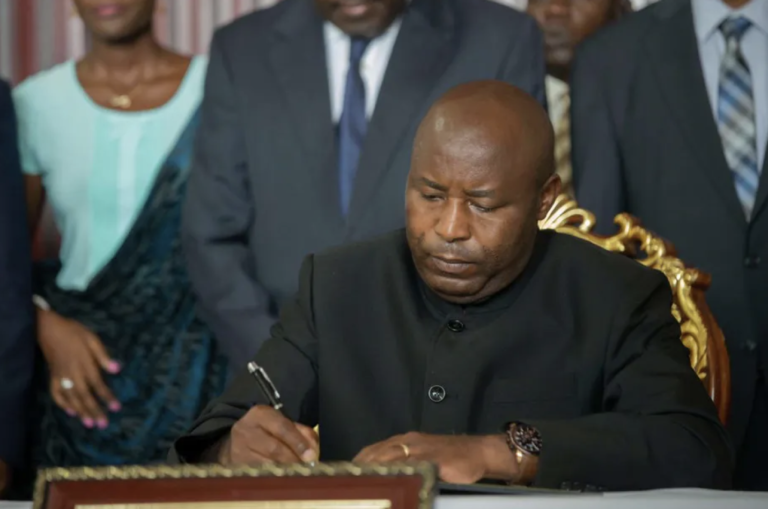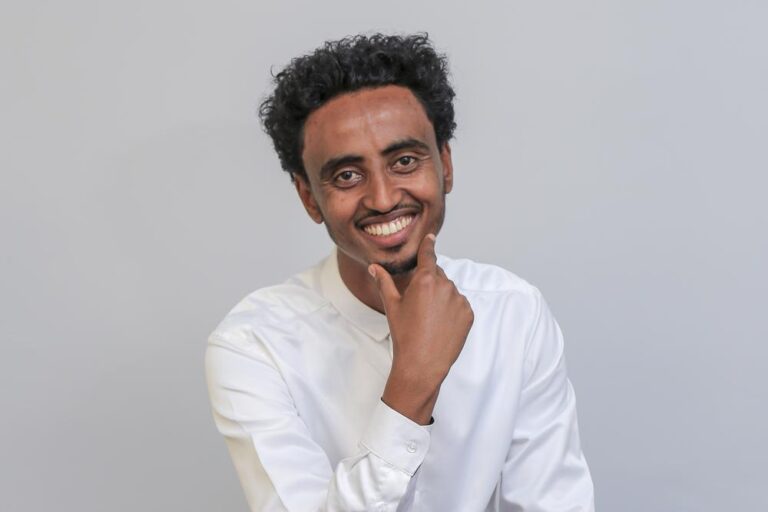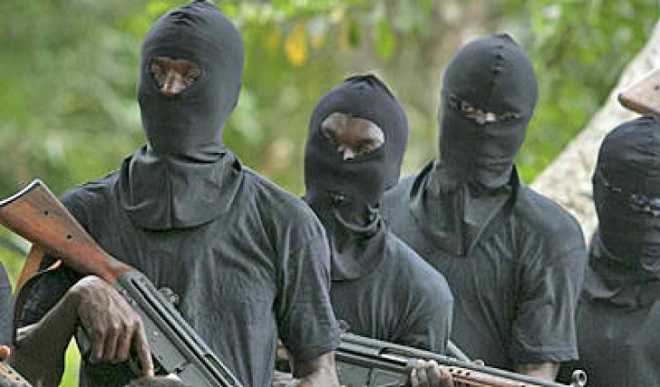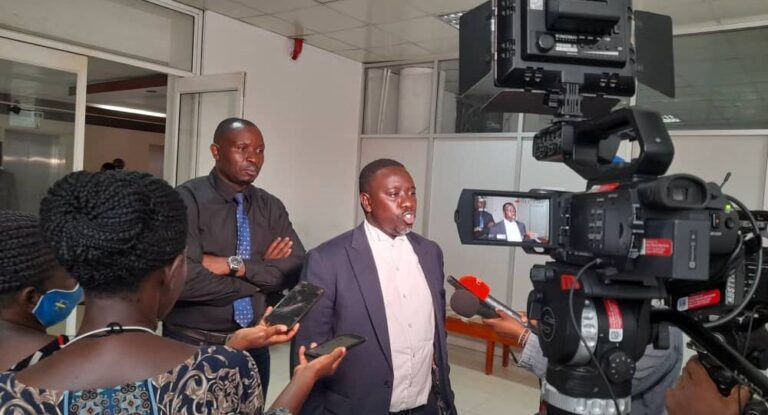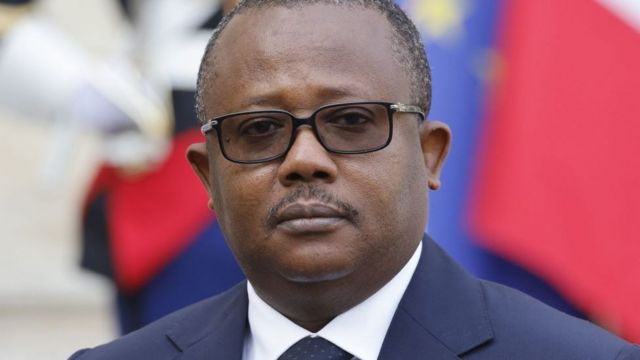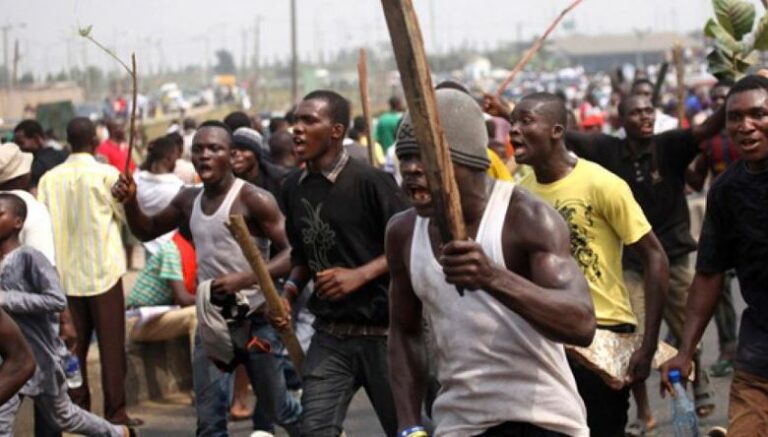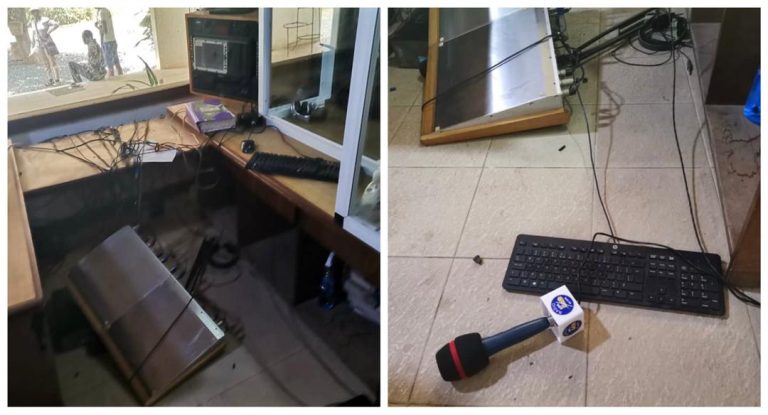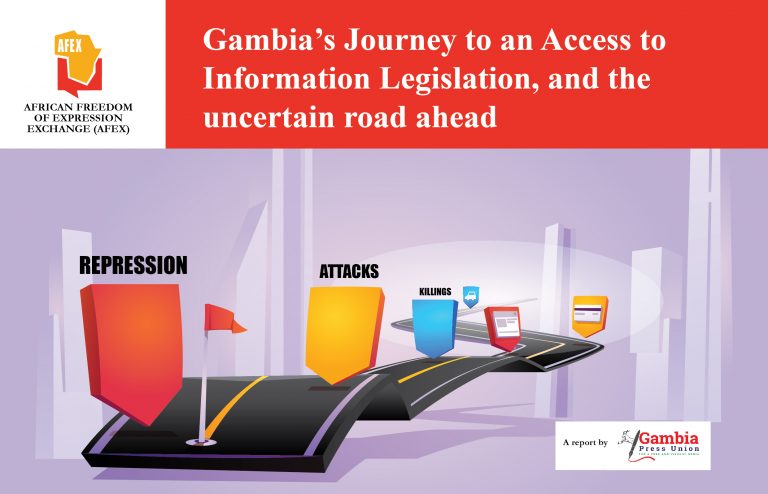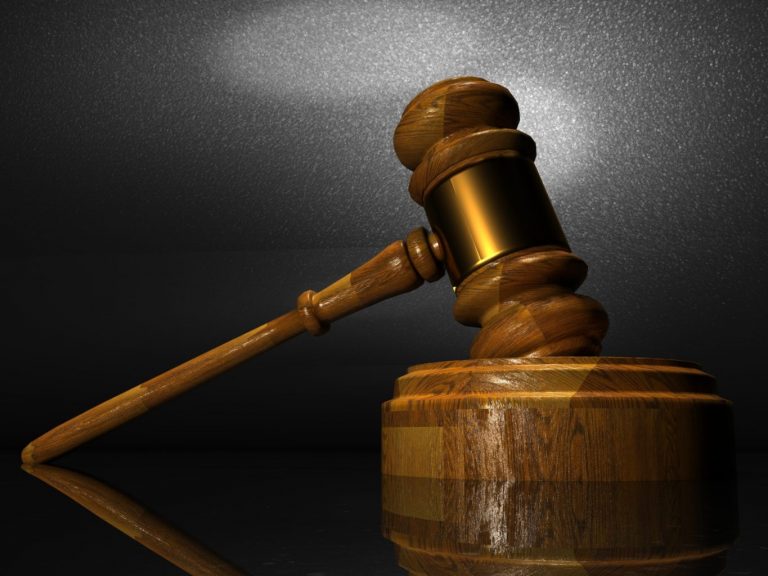Today, the world is observing the 11th Celebration of World Radio Day. The event was initially proclaimed in 2011 by UNESCO, and a year after, adopted by the United Nations General Assembly as an International Day, February 13 became World Radio Day (WRD).
On this important occasion which is being celebrated under the theme: ‘’Radio and Trust,’’ the African Freedom of Expression Exchange (AFEX) Network, takes the opportunity to highlight the importance of radio, as a trusted source of information in Africa, particularly in this era of disinformation.
As of May 2021, the African population was estimated at around 1.37 billion people, with Nigeria, Ethiopia, and Egypt being the most populated countries. According to a study conducted by Kantar, 62% of people surveyed in eight countries across Sub-Saharan Africa spent time listening to the radio for 2 hours 09 minutes a day.
When it comes to trusted sources of information, radio emerged as the most trusted source of information in Africa.
When the COVID-19 pandemic erupted and most countries in Africa imposed restrictions, which among others, limited the free movement of people, a chunk of the population, particularly those living in rural areas, where access to digital devices are limited, found a trusted companion in radio to access information and make informed decisions about the pandemic.
For millions of these people, the only source of credible and reliable information was radio.
”Radio goes where newer technologies cannot. It is an extremely effective way of delivering information in rural and remote areas where information can educate, and even save lives in emergencies such as the current pandemic. Listeners are tuning into radio stations to receive the latest news and recommendations on how to prevent the spread of COVID-19. As radio is more affordable than other forms of technologies, together with the growth of community radio, information and culture become more accessible to all”, read a statement of ITU, the UN Specialised agency for ICTs.
Despite, the increasing penetration of digital media platforms on the African continent, with massive use of digitally-enabled devices such as smartphones, radio is still enthroned as the widest source of information in Africa, with the largest possible outreach.
But, with the increasingly widespread phenomenon of what is termed as ‘’infodemic’’, the challenge of staying relevant and trustworthy has become extremely keen among the media including radio. The plethora of information circulating by the minute, some of them contradictory, has created a credibility challenge for the media. While the phenomenon of the proliferation of fake news appears to have shaken the foundation of trust in the industry and undermined the media’s constitutional mandate to serve as of counter-check to power and demand transparency and accountability from duty bearers.
But it is a challenge that radio has largely lived up to mainly due to its proximity with its community, the use of local language, the opportunity it offers its audience to participate in discussions through phone-ins and its ability to break literacy barriers.
Mr. Edetaen Ojo, the Executive Director of Media Rights Agenda (MRA) in Nigeria and Chair of the AFEX Steering Committee, said: “Despite advances in information and communication technologies, the radio, in its different forms, remains a trusted and most accessible medium of communication for millions of people on the African continent and beyond, giving them a voice and serving as a veritable source of information. It is therefore imperative that Governments and other stakeholders continue to preserve and strengthen the radio to play its many different roles in society through technological development, appropriate regulatory frameworks, public awareness activities and the injection of necessary resources for sustaining its operation.”
On this occasion of World Radio Day, therefore, AFEX celebrates the invaluable role radio has played to enrich lives by highlighting development challenges for redress, educating the public about their rights and responsibilities, calling duty bearers to account and enlightening and informing the public, especially during emergencies like the COVID-19.
In this regard, we call on the governments across the continent to strengthen the capacities of media workers, particularly radio stations to enable them deliver credible information to the public.
We also demand that governments desist from the alibi of trusted information by hiding behind the fight against fake news, to adopt repressive legislation and policies that stifle the media.
Lastly, governments should ensure that the issuance of FM frequencies is done in a transparent manner and in a way that enables all shades of opinions, cultures, and interests to give effect to the right of citizens to access to information.




